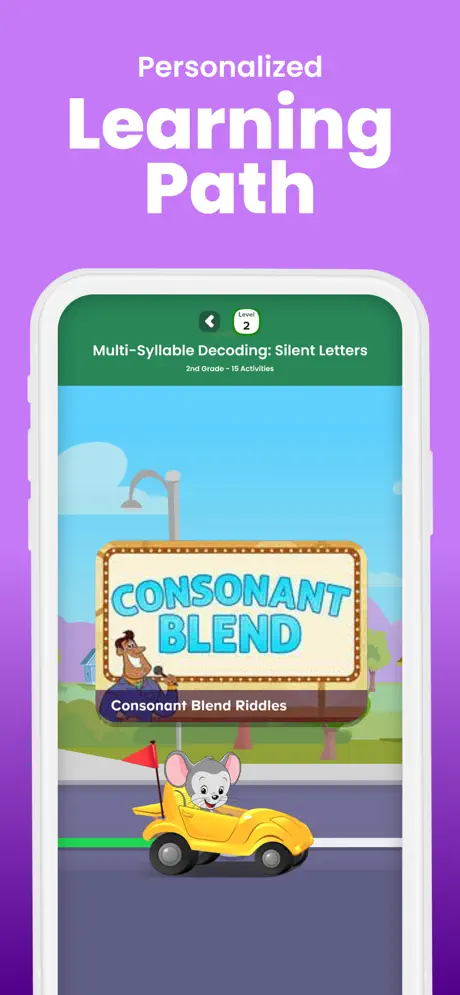All parents want their children to be successful — not only in school but in life. Academic skills are important, but emotional confidence is what really opens the door to learning. But when children feel uncertain, frustrated, or afraid of making mistakes, learning can become overwhelming in no time.

So, how do we change that experience?
How do we get children to feel that they can learn?
At times, the solution is nearer than we anticipate — right there on the screen.
Today’s educational apps are no longer merely digital distractions or babysitters. Well-designed, they can be incredibly empowering, play-based tools that assist children in acquiring not only skills but confidence in themselves as learners. Whether one is a letter tracing app, a phonics game, or a complete homeschooling app, the type of interaction can make children feel competent, curious, and proud to learn.
Here’s how that happens:
1.A Safe Place to Make Mistakes
In many classrooms or with worksheets, mistakes often feel final — a big red X, a shake of the head. And for kids, that can be disheartening. But learning apps? They let kids try again. No judgment. No stress. Just a cheerful “Oops! Try once more.” Whether they’re tapping the right letter sound or tracing the shape of a new letter, kids get instant feedback — and gentle nudges of encouragement. That takes the fear out of failure and helps kids build something essential: the confidence to try again.
2.Little Wins, Big Impact
One of the best parts of educational apps? They make learning feel like a game. And in a game, every little win counts. Unlocking a new level, earning a star, or hearing a fun cheer when they get something right — it all adds up. These moments reinforce effort and celebrate progress. Take phonics for kids apps; for example, they break down reading into small, doable steps. Each new sound learned, or word decoded becomes a building block for self-belief — the kind that says, “Hey, I’ve got this!”
3.Repetition That Doesn’t Feel Repetitive
We all know that repetition builds mastery. But kids? They get bored fast. That’s where apps shine. They repeat essential learning tasks — like tracing letters — but mix them up with fresh animations, new colours, or fun challenges. A letter tracing app might have your child draw the same letter ten times — but it feels different each time. And the result? Stronger fine motor skills, better retention, and a child who feels proud of what they’ve accomplished.
4.Learning at Their Own Speed
Every child learns differently. Some pick things up quickly, while others need a bit more time — and both are perfectly okay. What’s wonderful about most homeschooling apps is that they’re responsive. The educational experience responds to your child’s speed, making him feel empowered instead of stressed out. There’s no comparison, no dread of falling behind. And when kids feel like they’re moving at their pace — not racing to catch up — their motivation and confidence naturally grow.
5.Confidence That Reaches Beyond the Screen
This is where it gets really special. When a child learns to sound out a word, finishes a tricky puzzle, or writes their name in an app, it isn’t just a one-time success. That sense of “I did it!” spills over. You’ll see it when they raise their hand in class when they try something new without hesitation. When they believe they’re capable — because they’ve already proven it to themselves.
Apps that support alphabet learning, phonics, and early reading do more than build skills. They help shape a mindset: “I can learn. I’m good at this.”
And that belief? It’s everything.
Screens tend to get a bad rap — and sometimes, they deserve it. But not all screen time is the same. The proper educational apps don’t simply play. They empower.
So, if you’ve been wondering how to support your child as they learn to read, improve fine motor skills, or just feel more confident in their learning journey — don’t overlook the tools that meet them where they are: playful, interactive, and encouraging.
Because when children feel safe, seen, and supported, they do more than learn.